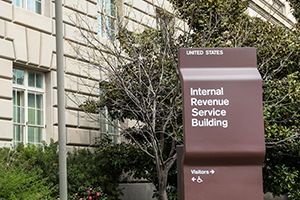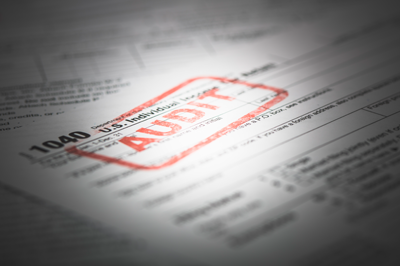What you need to know if one of your tax returns is stuck
 The IRS is coping with a backlog of historical proportions and it is impacting millions of taxpayers. According to IRS sources, as of July 31, there are still over 13 million tax returns that are to be processed. The nearly unprecedented delay is being attributed to the COVID-19 pandemic, under staffing at the IRS, and a slew of recent tax law changes. The challenge is how to navigate the IRS notices if you are caught up in this mess.
The IRS is coping with a backlog of historical proportions and it is impacting millions of taxpayers. According to IRS sources, as of July 31, there are still over 13 million tax returns that are to be processed. The nearly unprecedented delay is being attributed to the COVID-19 pandemic, under staffing at the IRS, and a slew of recent tax law changes. The challenge is how to navigate the IRS notices if you are caught up in this mess.
Complicating your tax life
- You’ve filed for an extension via mail, but the IRS says you haven’t filed your return yet and issues notices and penalties.
- You keep getting letters from the IRS after responding to initial inquiries.
- You filed your tax return on time, but the IRS says it doesn’t have your return, even though you may have received a confirmation.
What you can do
While you may not be able to get your tax return processed any faster, there are steps you can take to stay informed and make it easier for the IRS to work with your tax situation:
- Track your refund status. The IRS has developed an online tool, “Where’s My Refund?” that can provide updates. Find it at https://www.irs.gov/refunds.
- Check out IRS2Go. The agency also provides a mobile app called IRS2Go that checks your tax refund status. You can see if your return has been received, approved, and sent.
- Stay calm and keep responding. If the IRS sends you notices, keep detailed records of the notices and your timely replies. Eventually, they will get caught up. So keep good records by leaving a digital footprint and back up electronic records with paper versions.
- Prior correspondence is your friend. When you’re replying to IRS notifications, attach copies of prior correspondence with your latest letter. Make it easy for the IRS to follow your paper trail by dating each response and keeping the most recent response on top.
- Keep proof of delivery. Use express delivery or certified mail to confirm that the IRS receives your responses in a timely manner.
Remember that the IRS is working as quickly as it can to clear this backlog.


 You’re busy, and you may feel that organizing your records will take more time than you have available. But spend a minute and consider how using these organizational tips may save you not only time, but money as well.
You’re busy, and you may feel that organizing your records will take more time than you have available. But spend a minute and consider how using these organizational tips may save you not only time, but money as well. Sleuthing your way through a tax audit by yourself is not the same as fixing a leaky faucet or changing your oil. Here are reasons you should seek professional help as soon as you receive a letter from the IRS:
Sleuthing your way through a tax audit by yourself is not the same as fixing a leaky faucet or changing your oil. Here are reasons you should seek professional help as soon as you receive a letter from the IRS: